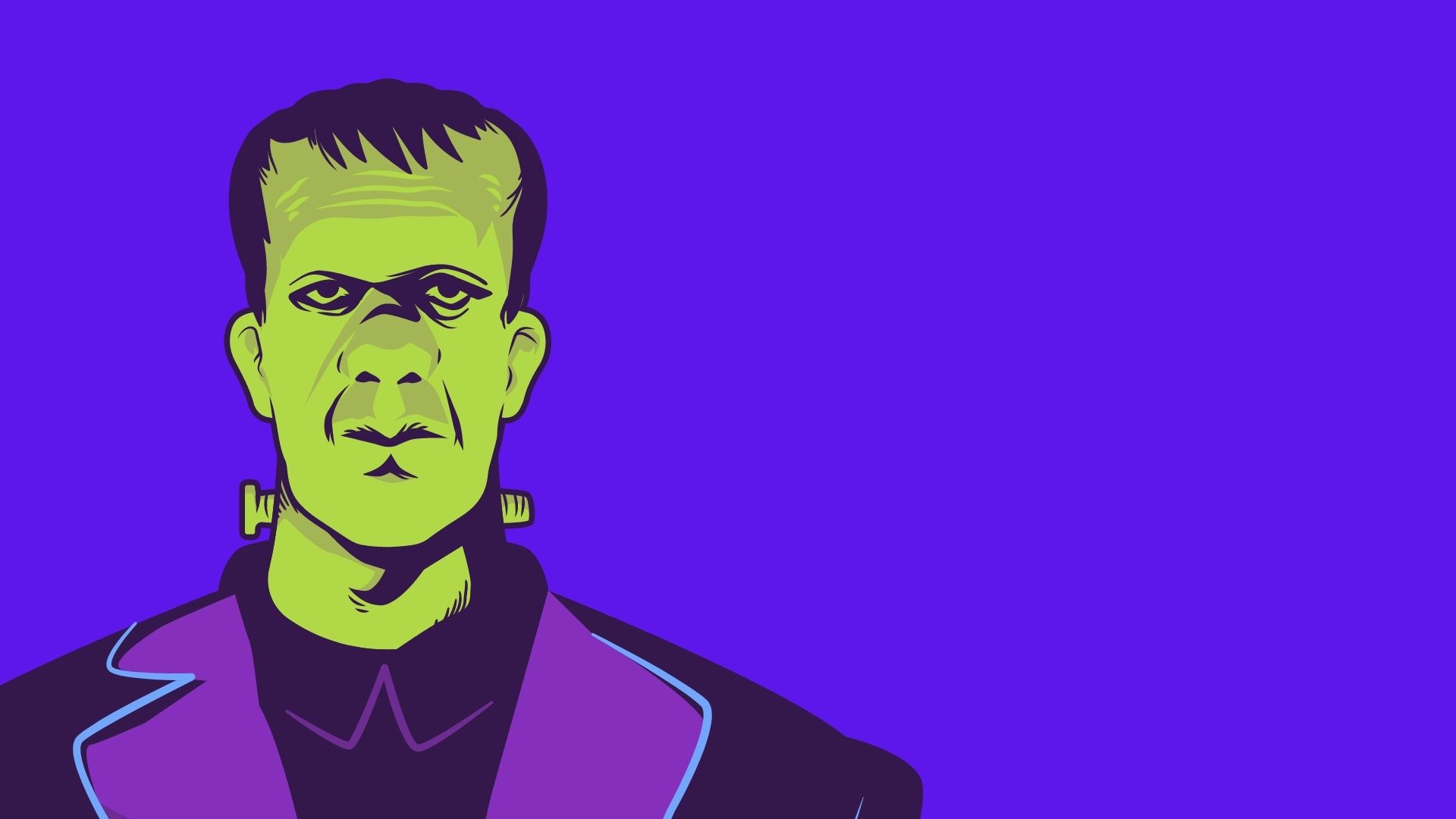
FAQ About Frankenstein

What inspired Mary Shelley to write Frankenstein?
Mary Shelley's inspiration for writing Frankenstein came from a combination of personal experiences, literary influences, and a creative challenge presented during a stay in Switzerland.
In the summer of 1816, Mary Shelley (then Mary Godwin) traveled to Switzerland with her future husband, Percy Bysshe Shelley, and several other friends, including Lord Byron and John Polidori. The group spent time at Lake Geneva, where they engaged in discussions about science, philosophy, and the supernatural. During their stay, they experienced an unusually cold and rainy season, and they entertained themselves by reading German ghost stories and discussing various topics, including the nature of life and the possibility of reanimating the dead.
One evening, as the group discussed Erasmus Darwin's experiments on galvanism (the application of electricity to stimulate muscles), Lord Byron proposed that each of them should try their hand at writing a ghost story. This challenge spurred Mary Shelley's imagination, and she began to contemplate the idea of reanimating a corpse through scientific means.
Mary Shelley's writing was also influenced by her personal experiences, particularly the loss of her first child, who died shortly after birth. This loss had a profound impact on her, and it likely contributed to the novel's themes of life, death, and the desire to conquer mortality.
Additionally, her literary background and exposure to the works of authors like John Milton, Johann Wolfgang von Goethe, and Samuel Taylor Coleridge also played a role in shaping her ideas for the novel.
All these factors combined to inspire Mary Shelley to write Frankenstein, a novel that delves into the consequences of human ambition and the ethical implications of playing the role of a "creator" and manipulating life through science. The novel's themes, plot, and the idea of creating life from non-living matter have since become iconic and have had a profound impact on the development of science fiction and horror literature.
